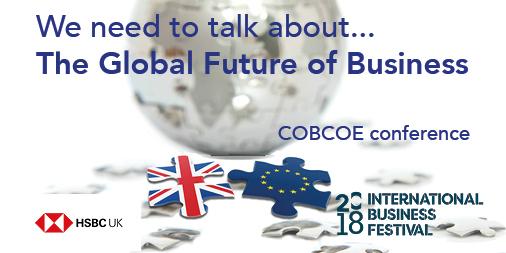After the fall of the Iron Curtain, when emerging European countries began implementing market economy principles, the region was seen as a low-cost manufacturing destination. Fast forward three decades and most of emerging Europe is no longer a synonym for cheap labour. For example, since 2010, salaries in Romania — one of the three youngest EU member states — have climbed 142 per cent. The GDP per capita of some emerging Europe countries now exceeds those of several older EU member states, such as Portugal or Greece.
Even though the last 15 years have seen a large outflow of talents, the region still prides itself on its large number of graduates. According to Eurostat, in 2015, there were 178,000 Poles on Master’s or equivalent courses, 4,000 more than in the UK. No mean feat bearing in mind the UK’s population of 65 million and Poland’s — 38 million.
Eastern European technical skills have traditionally been strong. That industrious and technology-oriented workforce has brought about a surge in business process outsourcing, shared services centres, IT and research and development in the last decade.
Years of backwardness caused by half a century of centrally planned economies have ironically helped the region make a leap ahead of their Western European peers in areas such as banking or internet speed. In a 2017 ranking by cable.co.uk showed that Romania, Slovenia and Bulgaria have faster broadband than the UK. The average speed in the UK, which came 31st globally, reaches 16.51 Megabits per second whereas Latvia’s, ranked sixth globally, was twice as high (30.36).
That, of course, doesn’t mean that everything is perfect. Quite the contrary, as there is plenty of room for improvement. Bulgaria, Bosnia and Herzegovina and Macedonia might have one the lowest corporate tax rates in Europe — 10 per cent — but entrepreneurs spend time and money dealing with red tape. “Why do I need to go to a court to register a company? It’s a simple administrative procedure. What is a notary and what value does he provide?” — I have heard from British people coming to do business in Poland.
In a recent ranking comparing the ease of setting up a business amongst 23 emerging Europe countries, we looked at the World Bank’s Doing Business report and the Transparency International Corruption Perception Index. Georgia, Slovenia and the three Baltic states were the top five while a few other EU members, such us Bulgaria, Poland, Croatia and Hungary showed that setting up a business is not an easy procedure.
But as the saying goes, those at the top of the mountain didn’t fall there. Those who have succeeded in emerging Europe, and many have, worked hard. Many have seen their companies’ revenues skyrocket after they started working with or in the region.
Take Portuguese firm Jerónimo Martins, set up in 1792, which grew exponentially after it entered Poland in 1995. Today, the company is the second largest business in terms of turnover and operates the biggest food retail chain in the country with sales worth 11.2 billion euros. The Dutch Raben Group was established in 1931. After the transformation of 1989, the founder’s grandson spotted the opportunity for development and set off to Poland with the aim of setting up a Raben branch. Today, the company employs 9000 people in 11 European countries and has its headquarters in Poland.
Almost 30 years after the fall of communism, the emerging Europe region’s transformation continues. The road might be a bit bumpy but it is heading in the right direction. The new generation is proud of their history and achievements. They have ambitious plans and are working hard to get there. For those outside the region it is high time to have a better understanding of the region and opportunities it offers. Emerging Europe is clearly the future of the Old Continent.
—–
Emerging Europe is a media partner of COBCOE’s The Future of Global Business conference. Register here and join the Central Eastern Europe – from poor relation to industrial powerhouse? panel discussion.







Yes, the region has been identified as a low-cost manufacturing location from the system change sometime in 1990s. Now that perception and capability building have to be changed to a location where innovation takes place in addition to manufacturing. #CEEforInnovationHub
Low cost and easy access to the rest of the world and hallmark of quality makes it a great location to emerge as a large export hub.